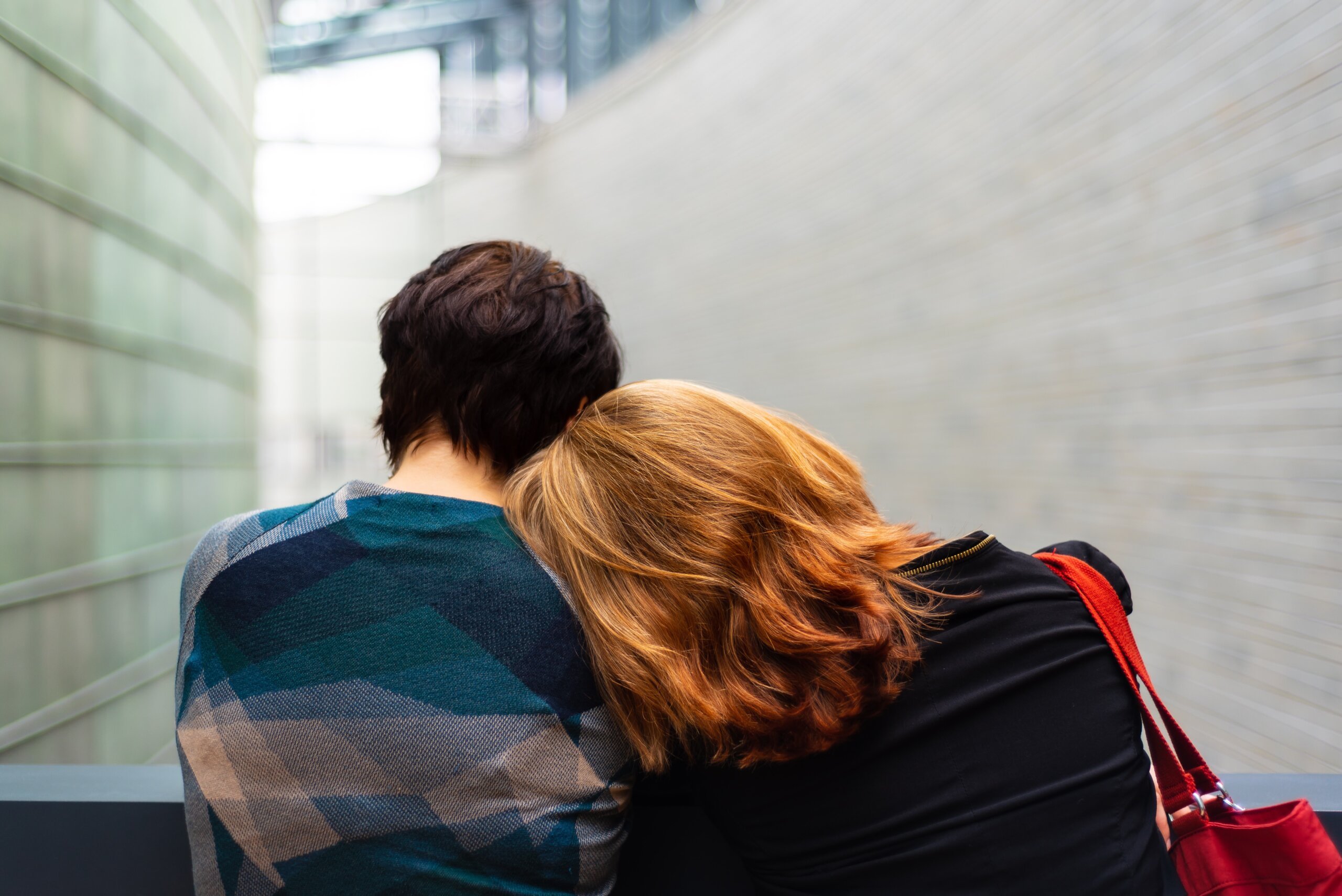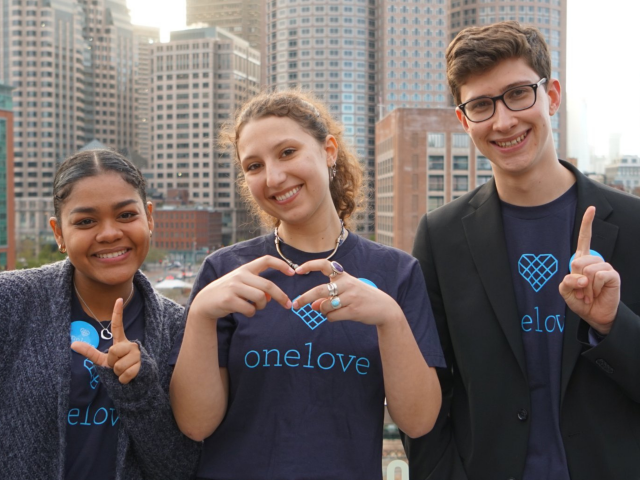“What did you do to provoke them?”
“Was there alcohol involved?”
“Why haven’t you left yet?”
*
These questions are commonly referred to as victim blaming – when a friend, colleague, or acquaintance says things to imply that you might have done something to deserve the abuse. These perspectives and mindsets are harmful on a personal level – they can be extremely disorienting and isolating for survivors, complicate the healing process, and lessen the likelihood for the survivor to seek support – as well as on a societal level. We see the effects of victim blaming mentality in the failure of our criminal justice system to treat violence and abuse as crimes deserving of serious consequences, subsequently absolving perpetrators of accountability.
Below are some actionable ways to stop victim blaming, whether that means adjusting our own mindsets, holding abusers accountable for their behavior, or supporting survivors by publicly challenging victim blaming perspectives.
Believe & Acknowledge
Sharing stories of abuse is an incredibly difficult thing to do. Realize that when someone is choosing to disclose this information to you, it is an act of trust. Treat their stories with respect and believe them. It is okay if you do not know how to advise them in the moment. A listening ear and validation of their experience is crucial.
Remind the Survivor it is Not Their Fault
When recounting these experiences, it is normal for some survivors to blame themselves because of our society’s victim-blaming norms. Continue to listen, but be sure to reassure them that it is not their fault.
Avoid Accusatory Questions
Instead of asking questions about the details that surrounded the abuse, offer compassion and understanding without proving your interpretation of the event. For example, imagine that your friend is telling you about an instance where their partner sabotaged them by breaking their cellphone during an argument. Instead of asking them to recall the events leading up to the abuse, tell them that you are sorry they had to experience this, and reassure them that they do not deserve to be treated this way regardless of what the argument was about.
Use Teachable Moments
If you are with a group of people who are attempting to place responsibility onto the survivor, use this opportunity to teach them about the importance of holding the perpetrator accountable for their actions. These people very well might not be aware that the way they are responding is a form of victim blaming. If you are unsure where to start, here is a list of Relationship Abuse FAQ’s, Myths, and Facts.
Understand that the Perpetrator is Fully Responsible
Just as the perpetrator is the only person who can choose to be abusive, they are also the only person who could have stopped it. If you find yourself considering other avenues that the survivor could have taken to prevent the abuse, remind yourself that the only thing that would have changed the outcome is the perpetrator’s decision to commit it.
*
It is imperative to challenge the tradition of victim blaming in order to cultivate a safer and more just society. While we may not be able to reinvent the wheel overnight, we can inch towards collective healing in our daily lives by responding to these stories in a way that is supportive and empowers survivors to continue speaking out loud about their experiences.
–
Bridget Boylan is an Engagement Manager in One Love’s New York Tri-State Region.
Browse by Category

How to Have Healthy Holiday Conversations with Family (and Prep Your Partner)
The holidays are a time for family, good food, and—let's be real—sometimes intense conversations. Whether it's politics, lifestyle choices, or…
3.2 Million Strong: How One Love is Saving Lives Through Education
Please share this blog with your network across social media,…
Finding Strength in Our Stories: Domestic Violence Awareness Month
⚠️ Trigger Warning: This blog includes content and language related…
Understanding Domestic Violence Awareness Month (DVAM)
October is almost here, and that means it’s time to…
4 Students Share How They Helped a Friend in an Unhealthy Relationship
Watching a friend struggle in an unhealthy or abusive relationship…














